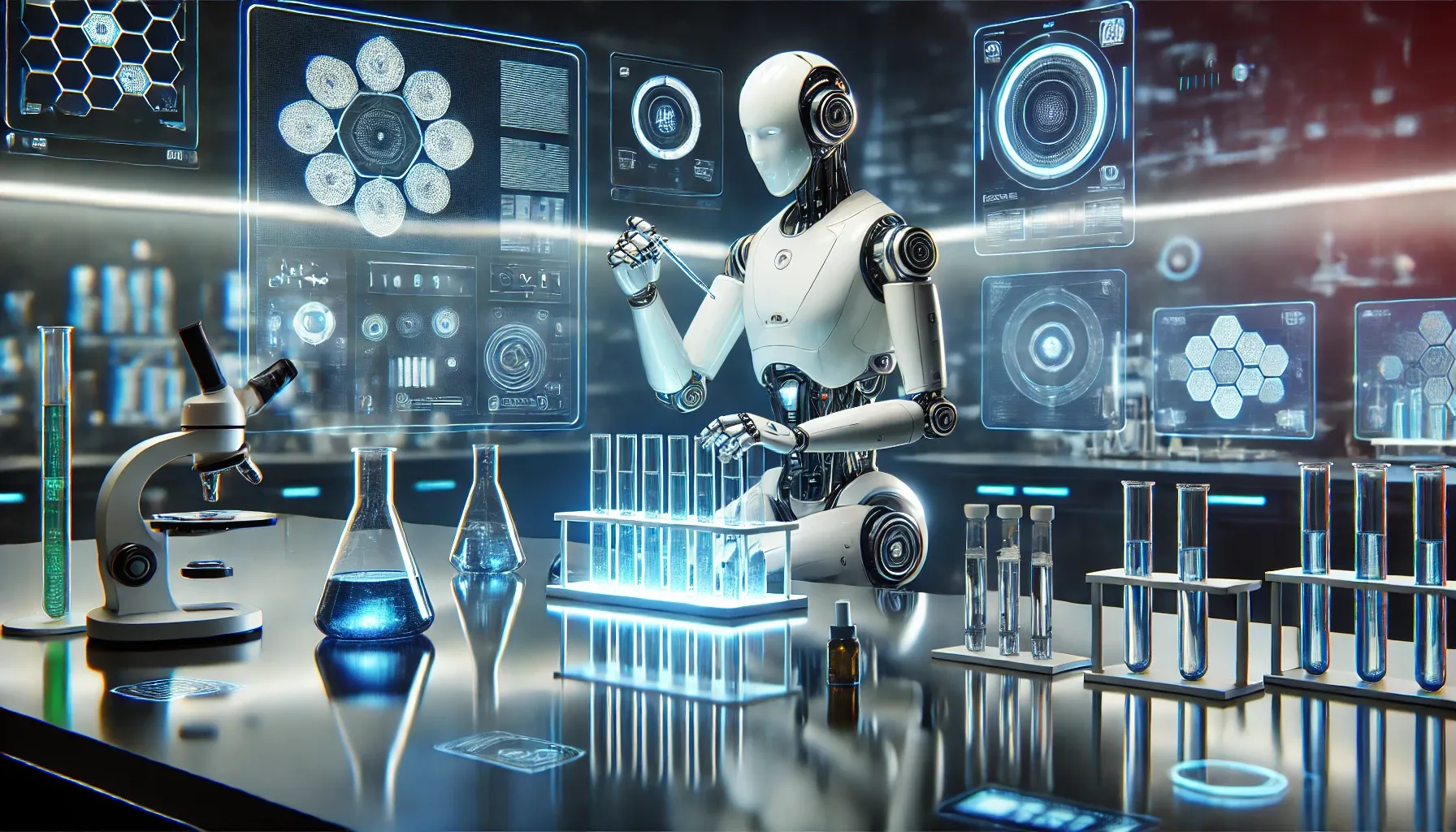AI in Software Testing, Threat or Great Opportunity?
Challenges of Current Software Testing
The best practice with software testing is long-term high-quality standards delivery in meeting very tight deadlines.
Traditional testing methods, though essential, often struggle to keep pace with modern software's complexity and rapid evolution. Manual testing, while invaluable for its human insight, is time-consuming and prone to errors, especially with large and intricate codebases. This is where Artificial Intelligence (AI) steps in, bringing automation, optimization, and deeper analytical capabilities that empower testers to work more efficiently, accurately, and insightfully.
Automating Test Case Generation and Execution
One of AI's most powerful applications in software testing is the automation of test case generation and execution. AI-driven tools can automatically generate comprehensive test cases by analyzing requirements, user stories, and the codebase. These tools can execute tests across multiple environments simultaneously, drastically reducing manual effort and time. This not only accelerates the testing process but ensures thorough coverage, minimizing the risk of missed defects.
Optimizing Testing Prioritization
In environments with limited time and resources, prioritizing which test cases to execute becomes a critical challenge. Running every possible test is often infeasible, especially in large-scale projects, where the number of potential test cases can be overwhelming. Making these prioritization decisions manually can lead to suboptimal testing strategies, since critical areas of the application may not receive the attention they deserve. By analyzing data—such as past test results and risk factors - AI can identify the most critical test cases. By focusing testing efforts on these high-risk areas, AI embraces the reliability of the software and ensures that the most critical issues are addressed first. This targeted approach not only improves the effectiveness of testing but also ensures that resources are used efficiently, delivering more value within the constraints of time and budget.

Adaptive Test Maintenance
As software develops—through updates, changes in user interfaces, or the integration of new features—maintaining and updating test scripts can become a significant burden on testing teams. AI-driven tools address this issue by automatically adapting test scripts to align with changes in the application. These tools use advanced algorithms to detect alterations in the UI, APIs, or other aspects of the software and modify the test scripts accordingly. This reduces the time spent on test maintenance and ensures that tests remain accurate and relevant, even as the software changes.
Providing Deeper Analytical Insights
Beyond automation, AI offers advanced analytical capabilities that provide deeper insights into testing data. Such analysis also allows for continuous improvement in testing strategies, as AI can suggest adjustments based on the evolving nature of the application and the outcomes of previous tests. These insights empower testers to refine their approaches, resulting in more robust and reliable software over time. Furthermore, AI can assist in predicting potential future defects by analyzing historical data, allowing teams to proactively address issues before they arise.
Growing Role of AI in Software Testing
Accelerating development and demands on quality not only in the field of information technology have led to the development of automation tools. Artificial intelligence was created as such a tool. By leveraging its deep analytical capabilities in testing, efficiency can be improved in creating test cases and shifting efforts to more complex test cases or more complex analytical tasks. In addition to automating routine tasks, using such tools can help software testers learn new approaches or insights on how to test a specific software or parts of it. However, even when AI is part of other tools and industries that we as humans come into contact with daily, such as healthcare, transportation, or retail, there will still be a need for human insight and intuition in guiding actions and choices.

